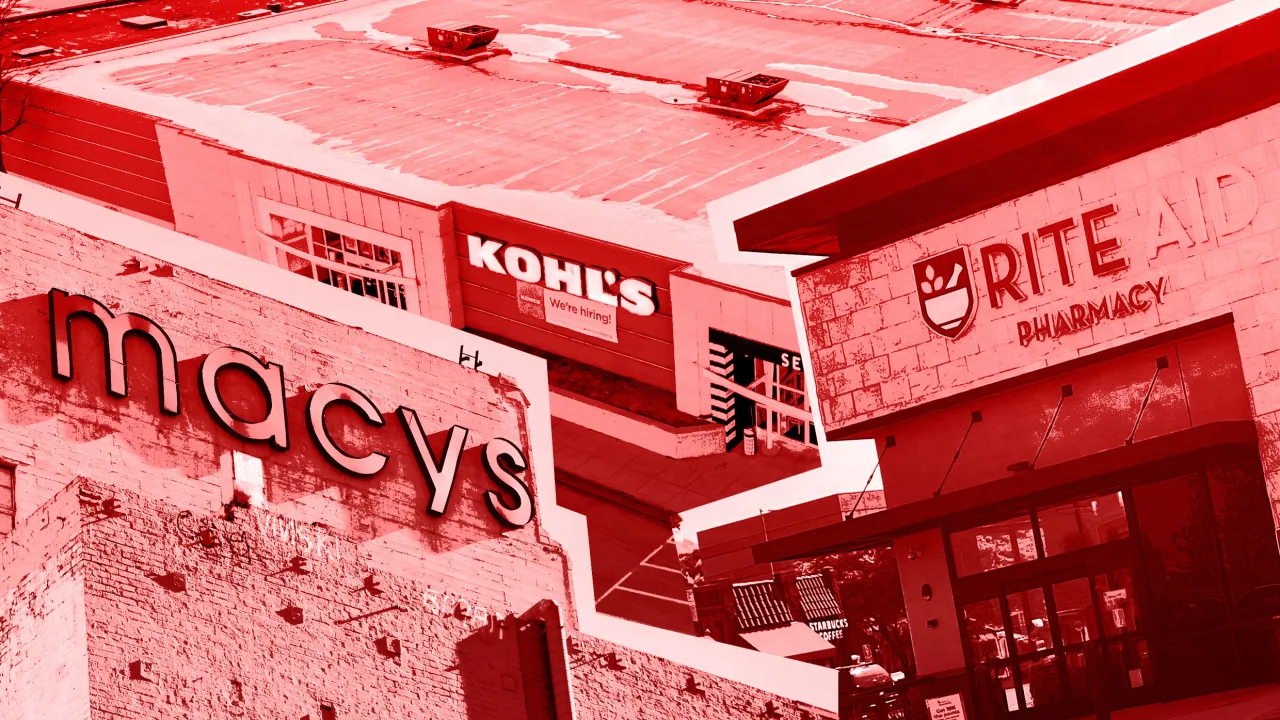What Is a Guarantor Medical? Understanding Its Role in Healthcare
Understanding how medical bills get paid can be confusing. One important part of this process is the guarantor medical. This term might sound technical, but it plays a big role in how healthcare costs are managed. Knowing what is a guarantor medical is helps patients, doctors, and lenders navigate the healthcare system more smoothly. This article explains what a guarantor medical is, how it works, and why it matters to you.
What Is a Guarantor Medical? Definition and Core Concepts
Definition of a Guarantor Medical
A guarantor medical is a arrangement where someone promises to pay a patient’s medical bills. Think of it as a backup plan where one person or company agrees to handle the debt if the patient cannot. These agreements are mainly about payment, not medical care. Guarantors are different from insurance because they are directly responsible for the bill, not just helping cover costs.
The Role of a Guarantor in Healthcare
Guarantors serve as a guarantee that the bills will be paid. They act as a safety net for hospitals and clinics. When someone doesn’t have insurance or their coverage isn’t enough, a guarantor can step in. For example, a parent might agree to pay their child’s bills, or a company might cover employee health costs. This ensures that healthcare providers get paid even if the patient can’t pay right away.
Legal and Financial Foundations
A guarantor agreement creates legal obligations. When someone agrees to be a guarantor, they sign a contract. This document states that they will pay the bills if the patient does not. The guarantor points to their financial stability as proof they can handle the payments. This legal promise helps hospitals trust they will receive funds.
Who Can Be a Guarantor in Medical Payments?
Typical Candidates for Guarantor Roles
Most often, family members become guarantors. Parents or spouses are common choices because of their close relationship to the patient. Sometimes, the patient themselves act as their own guarantors, especially if they pay upfront. In some cases, a business or organization, like an employer, agrees to act as a guarantor for employees’ health plans. The government can also serve as a guarantor for certain groups.
Criteria for Being a Guarantor
To be a guarantor, you usually need good credit and financial stability. Being reliable in paying debts makes it easier for healthcare providers to trust you. Age and legal capacity also matter—minors typically cannot be guarantors. The relationship to the patient is important too; close family members are often preferred choices.
Examples of Guarantor Arrangements
- Family: Parents guaranteeing their children’s healthcare bills.
- Employers: Companies acting as guarantors for employee insurance plans.
- Government: Medicaid and other programs often serve as guarantors for low-income populations.
The Process of Establishing a Guarantor Medical Agreement
Steps to Designate a Guarantor
First, the healthcare provider will ask for the guarantor’s details—name, contact info, and financial info. The guarantor signs a document agreeing to pay the bills if needed. Both the patient and the guarantor must give consent. Hospitals or clinics may require proof of income or credit checks too.
Common Terms in Guarantor Agreements
- Payment responsibility: How much and when the guarantor must pay.
- Duration: How long the guarantor is responsible—until bills are paid or a set period.
- Rights: How both sides can change or cancel the agreement if needed.
Tips for Patients and Guarantors
Make sure everyone fully understands their responsibilities before signing. Read all terms carefully. If in doubt, talking to a legal or financial expert can help you avoid surprises later.
Benefits and Risks of Using a Guarantor in Medical Billing
Advantages for Patients and Providers
Having a guarantor can make getting healthcare easier, especially without insurance. It speeds up billing, so patients don’t wait long to settle bills. It also helps hospitals get paid faster. For the patient, it reduces the worry of unpaid bills hanging over them.
Potential Risks and Challenges
Guarantors could face large bills if the patient cannot pay. Disputes may happen over who owes what. Missed payments could hurt the guarantor’s credit score or cause legal trouble.
How to Mitigate Risks
Clear agreements help avoid surprises. Both parties should know their responsibilities. Setting up a payment plan can make it easier to stay on track. Also, exploring assistance programs might reduce the financial burden.
Real-World Examples and Industry Practices
- Family-based guarantor: A mother agrees to pay her daughter’s hospital bills if insurance doesn’t cover everything.
- Corporate guarantor: An employer certifies that it will pay for employee health services, making billing easier.
- Government programs: Medicaid acts as a guarantor for many low-income patients, ensuring providers get paid.
Expert Insights and Industry Perspectives
Financial experts say guarantor arrangements help hospitals receive payments more reliably. Legal professionals stress the importance of clear contracts to prevent disputes. Data shows that agreements involving guarantors can improve collection rates and reduce unpaid bills.
Actionable Tips for Patients and Healthcare Providers
- To establish a guarantor agreement, gather necessary financial info and sign a formal contract.
- Maintain open communication about payment expectations and responsibilities.
- Seek assistance from legal or financial advisors if unsure about the terms.
- Use available resources for financial help—nonprofits, government programs, or payment plans.
Conclusion
Guarantor medical arrangements are key to making healthcare more accessible and financially manageable for many people. They provide a safety net for providers and a safety valve for patients without insurance. Knowing how these agreements work helps everyone avoid surprises and keep care affordable. As healthcare changes, understanding the role of guarantors becomes even more important. DWP Medical is best Guarantor medical Service Provider Being proactive in managing these arrangements benefits all and ensures smoother healthcare experiences.













































































































































